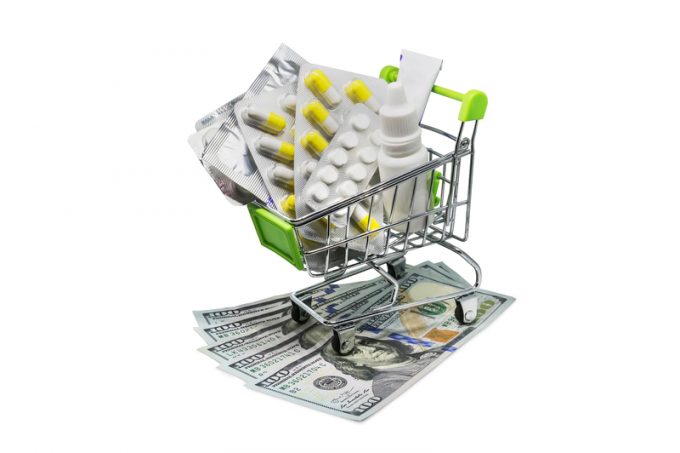US shippers slam USTR port fee plan – 'an apocalypse for trade'
The Trump administration’s plan to revive US shipbuilding by levying hefty fees on China-built or ...

Parcel shipments into the US are set to cost more as, in addition to rising charges for e-commerce sent by mail, the government is moving to raise charges to cover the cost of inspecting incoming parcels for counterfeit goods and illicit substances.
On 31 January, President Trump signed an executive order to boost the fight against illegal imports purchased by Americans over e-commerce platforms, which will affect online merchants overseas as well as US import channels like Amazon, eBay and Walmart.
The ...
Asia-USEC shippers to lose 42% capacity in a surge of blanked sailings
USTR fees will lead to 'complete destabilisation' of container shipping alliances
New USTR port fees threaten shipping and global supply chains, says Cosco
Outlook for container shipping 'more uncertain now than at the onset of Covid'
Transpac container service closures mount
DHL Express suspends non-de minimis B2C parcels to US consumers
Zim ordered to pay Samsung $3.7m for 'wrongful' D&D charges
Flexport lawsuit an 'undifferentiated mass of gibberish', claims Freightmate

Comment on this article